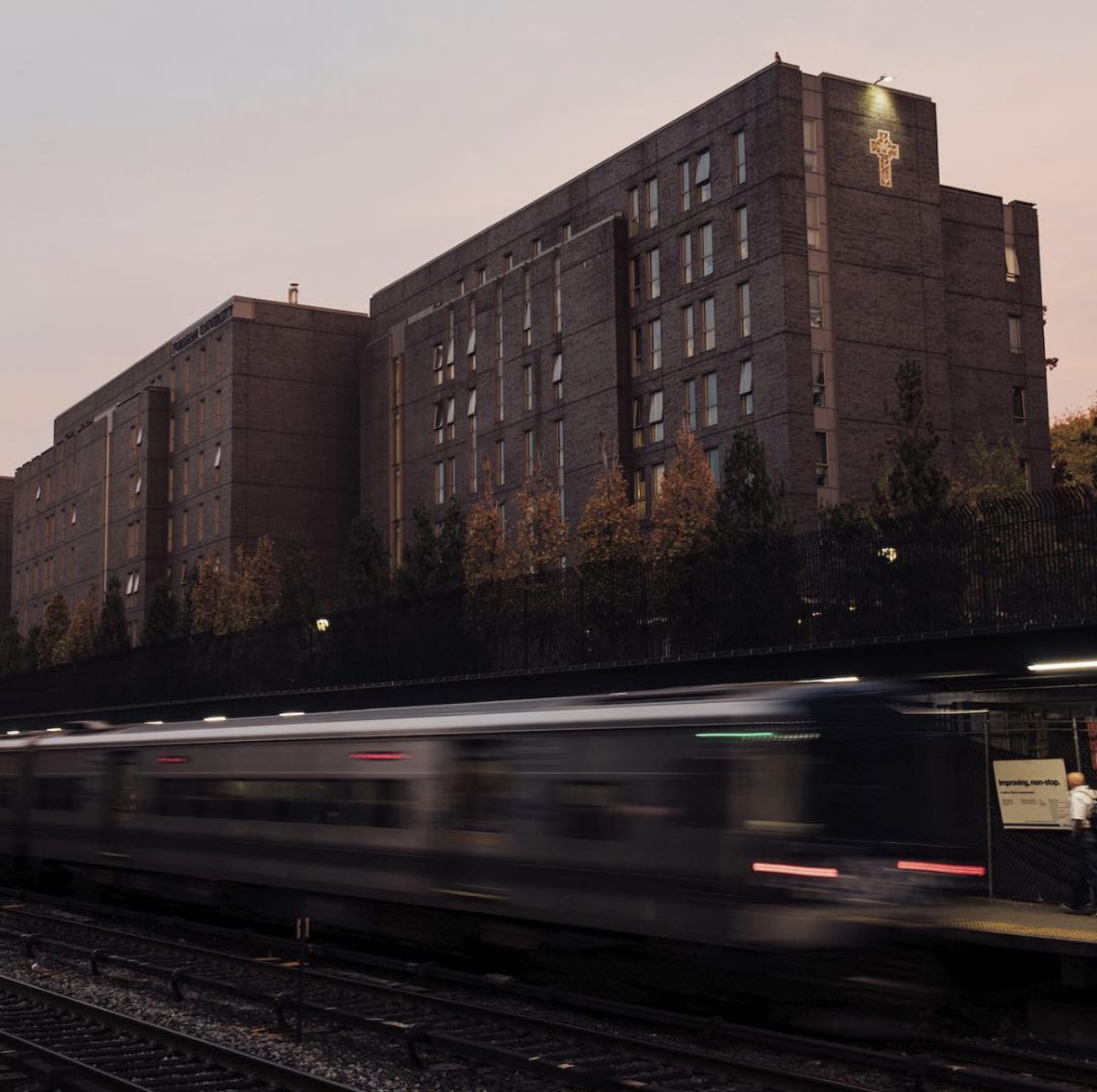Thinking of the college experience brings to mind an image of students in dorms, spending time with other residents until late at night and maybe forming study sessions of the same nature. It calls to mind meal plans and exploring the new city they find themselves in and creating new memories. All of this is great and pretty accurate, but something is missing in this picture: the commuters. We’re there as well, although it may seem like we’re never around. Perhaps you see us leaving and entering campus based on our schedules, or maybe we’ve politely declined your offer to hang out because the timing on that day just didn’t work for us. From our perspective, it’s nice to be able to go home whenever we want, and to be able to have a college experience without the seeming downsides, like dealing with on-campus food and having issues with RAs in their dorms. On an individual level, it’s quite a peaceful experience, because we’re able to get the best of both worlds; I absolutely love being a commuter. On another note, there’s something endearing about seeing others enter the city we’ve been calling home all our lives and being so enamored by everything.
Commuters and residents have contrasting views on different topics, though. Some of their struggles are our comforts, and sometimes vice versa. Take for example, the dread, complaints and pain residents go through just at the idea of an 8:30 a.m. class. It’s the worst ever. On the other hand, 8:30 classes for commuters are no big deal; it feels like just another school day. Joanne Pan, GSB ’27 (and fellow commuter) says “I prefer 8:30 classes because I would rather wake up early and finish the class so I can have the rest of my day to do whatever I want, like studying and hanging out with friends.” This approach of treating college classes like regular school is often a popular opinion. Of course, students who are dorming know they’re close to their classes so it adds to this sense of sluggishness, because they know they can really wait until the last moment and still make it on time. You hear of resident students waking up at 8:05 a.m. for their 8:30s, while commuters wake up at 6 or 7 a.m., as usual. We know that no matter what mode of transport we take, it still takes time, so we’re up immediately and on the go. It sets the tone nicely for the rest of the day; an early start allows for more time to utilize every minute.
Another prominent issue for students who dorm is the dining hall food. Complaints are popular, and although it might not be bad for the first few times, having to live on it is unimaginable. Dorming means you’re forced to have a meal plan, and while you can use them at any on-campus dining location, it’s not always the best choice. Being a commuter, we don’t need meal plans, and if we want to eat on campus, we can choose to spend as much or as little as we want, without worrying about how many meal passes are being used. However, this is where commuter complaints start. There’s a meal plan for commuters, but the majority of us do not consider it because of the cost. Sometimes, I wish every commuter had a few meal passes to use, but such is not the case. Speaking of costs, commuters who drive to school also need to pay a high price for parking, which results in trying hard to park outside (highly unrealistic if you’re familiar with the school’s surrounding areas), or paying even more for a coupon book that doesn’t cover much. It’s little things like this that make being a commuter harder, instead of being supported.
The Commuting Student Association (CSA) makes college life better for commuter students by speaking on issues we face, like a lack of access to residence halls, access to dining halls and an altered orientation schedule that is more commuter-friendly. I joined CSA for this exact reason, and seeing the struggle behind just bringing about awareness on these issues is pretty concerning, but our determination is strong, so I have hope that things will get better. All these problems come down to one conclusion: the fact that commuters are shoved under the same umbrella of policies that apply to everyone else. The line separating us as a separate category of students isn’t something to be blurred, and yet that’s what happens. Take, for example, the inclement weather warnings that were given by the city a few weeks ago and how it was deemed dangerous to leave home. Fordham refused to cancel classes, forcing commuter students to travel across the city and face the worsening conditions outside of campus. The subways had been flooded that day, with major train delays and water pouring out from the literal walls. Driving that day wasn’t safe either; traffic was insane, causing students to run late, forcing them to have to speed through the steadily flowing water just to be able to get to class on time. It was really rough, and we should have been able to stay home. In some cases, these efforts were in vain because as soon as you got to campus, you found out class was either canceled or over zoom; there was no point in coming.
Life is hard here and there, and so is the case for both commuters and residents. Both have their pros and cons, balancing each other out. The best thing to know is that solutions for commuter problems actually exist, so hopefully that gap is bridged soon. If the administration finally remembers that we are not the same, our college experience might just be comparable.
Haniyyah Usmani, FCRH ’27, is undecided from Bronx, N.Y.










































































































































































































